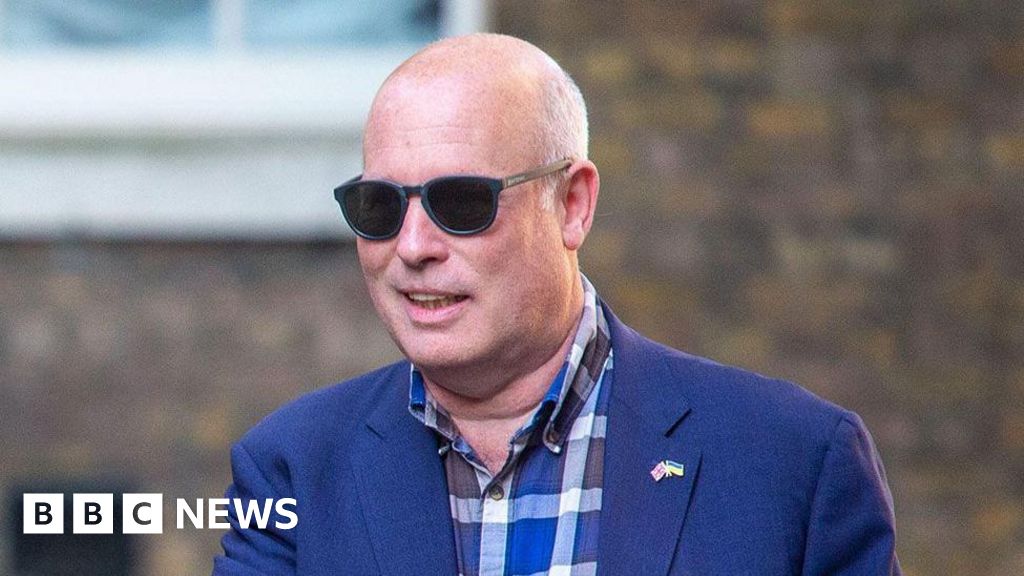Nobody in Helen Hansford’s family understands why she’d accept a job at Westbury Park, not least as an art therapist. But Dr Gil Rudden, one of the mental-health facility’s senior psychiatrists, understands completely. The two are initially attracted by a mutually progressive attitude towards mental health and to the patients in their respective care. It’s 1964, and homosexuality, for example, is still considered an illness to be treated. As Gil points out, “most so-called mental disorders are just behaviour that society doesn’t approve of.”
Within weeks their fledgling relationship has become all-consuming. Although, married as Gil is with two children, “he could hardly be more unavailable.” Their connection deepens when they’re called out to a dilapidated home where an elderly woman, Louisa, lives in squalor with her adult nephew William. The latter either cannot or will not speak, and he doesn’t appear to have left their Croydon house in two decades. Louisa and William Tapper are Westbury Park’s newest patients, and to Helen’s delight, it emerges that William possesses a rare artistic talent.
Shy Creatures establishes a laser-like focus on extraordinary lives set against the suburban postwar setting, just as she did in her novel Small Pleasures. That 2020 novel was a “personal resurrection story” for Chambers, some of whose previous books were out of print when it was published to wide acclaim. Now, her latest and 10th novel is published to real demand.
Chambers’ dialogue is particularly strong, as is the precise study of human interactions in all their subtlety and shades. Her world-building speaks to extensive research but displays a light touch, imbuing the atmosphere of the story and its inhabitants with the smoke of Woodbines, the soot of coal scuttles and bomb shelters not long out of commission. The Tappers’ house reveals “a long, dark hallway with bulging wallpaper the colour of raw liver”, while public attitudes are laid bare in all their double standards: Helen hears with a “jolt” the “venom” directed at Christine Keeler, the “vitriol her parents reserved for women who took up with married men”. Woven throughout is the risk of the facility’s closure, as the mid-20th-century drift towards de-institutionalisation begins with patients soon to be “turf[ed] back out” in a “revolving-door effect”.

We follow Helen as she attempts to unravel the mystery of the silent patient. Interspersed among her chapters are those of William himself. “It’s difficult to get an accurate picture of their life together,” Gil observes of the man and his aunt. “Was he a prisoner or a recluse? Was she?” This picture develops gradually via snapshots of formative experiences, moments of fear and ostracisation, past friendships, school days. The central mystery hinges on William’s past and the origin of his impressive creative skill. His drawings are born from quiet contemplation and observation — in much the same way as he, at Westbury Park, is now observed. Structurally, however, while the first two-thirds linger compellingly on vignette-like scenes, taking their time, the final chapters feel rushed and too busy with revelation.
William’s past, as it unfolds, enables Helen to react against the corset-like confines of a society that turns inward all too often and shuts its doors, one where the threat of “busybodies” and “interference” are a constant fear, and “nervous collapse” the ultimate shame. Through subplots involving her niece, Lorraine, and a lonely downstairs neighbour — “of whom she knew so little, and the other inhabitants of the flats, strangers all” — she observes the “curious bond” needed to create true community and, ultimately, a sense of the bonds she herself must break or make to find her own.
Shy Creatures by Clare Chambers Weidenfeld & Nicolson £20, 390 pages
Join our online book group on Facebook at FT Books Café and subscribe to our podcast Life and Art wherever you listen










































































































































You must be logged in to post a comment Login